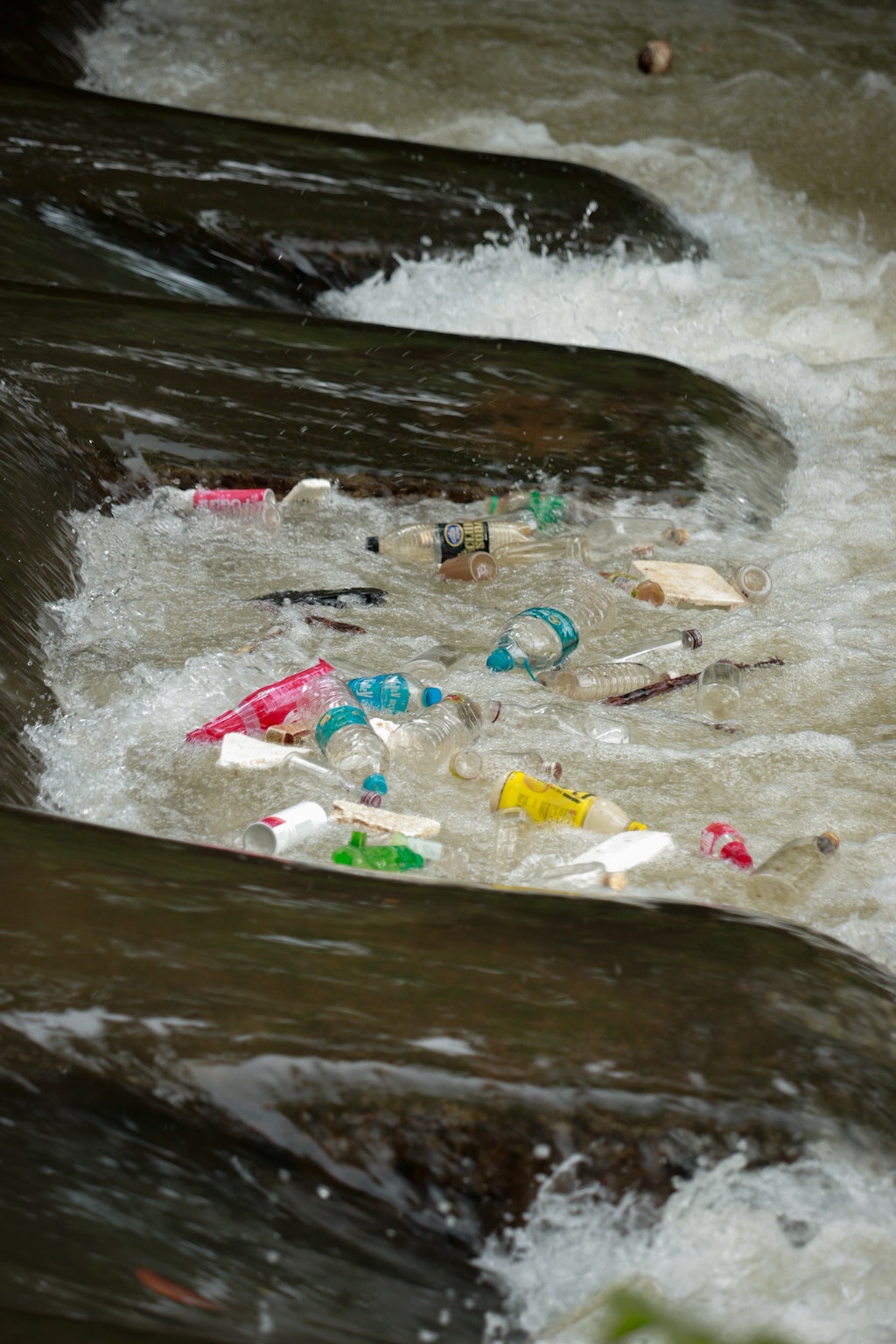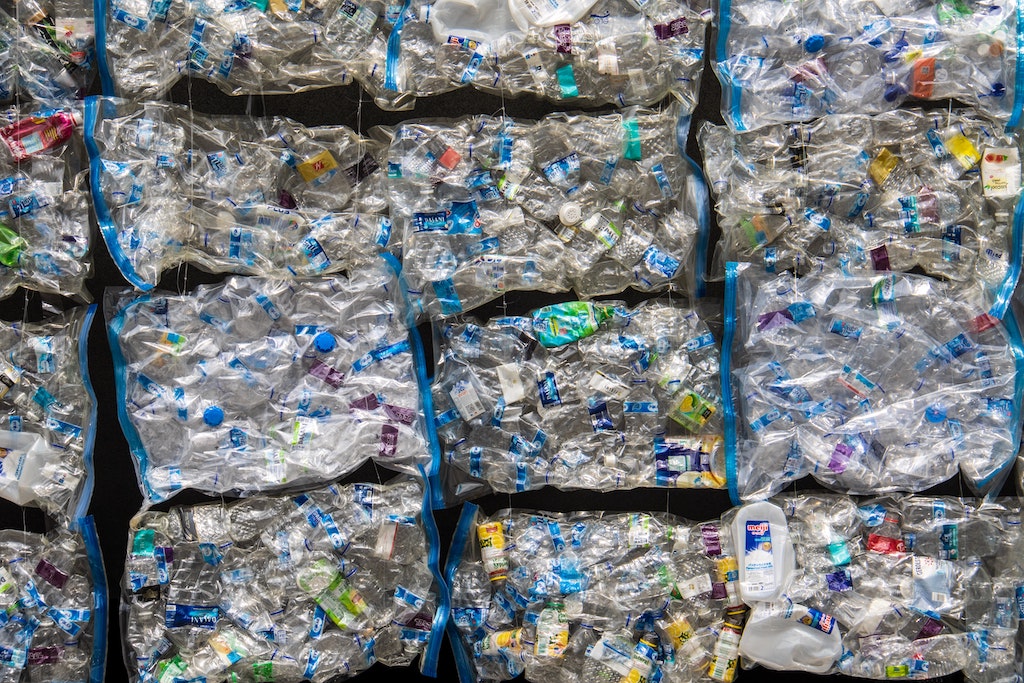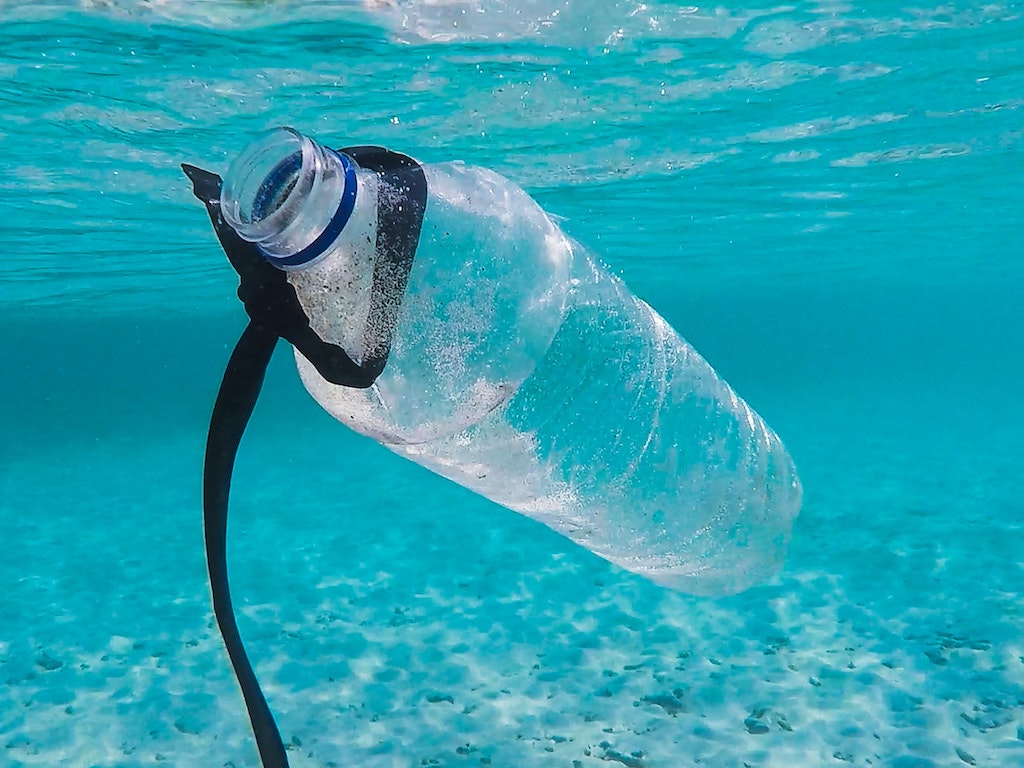3 Mins Read
We only have nine years left to save the planet from irreversible damage caused by the plastic crisis. The warning comes from environmentalists attending the Plastic Health Summit being held in Amsterdam, who also called for leadership in recognising plastic waste as a global health emergency.
Just nine years to save the planet from a plastic disaster, warned environmentalists and campaigners at the Plastic Health Summit. The conference, organised by NGO Plastic Soup Foundation, saw researchers present their findings on the state of the plastic crisis and the organisation’s director describing the problem as “the new asbestos”.
‘9 years left’

“We only have 9 years left to solve the plastic pollution crisis,” said Plastic Soup Foundation director Maria Westerbos. “Through fragmentation, plastics and their additives enter the veins of the global ecosystems. This has tremendous health repercussions for humans, animals, plants, and the environment.”
Plastic is so pervasive globally, found everywhere from Arctic snow to deserts, and even detected in the blood samples of children.
“The World Health Organisation should declare it a public health emergency,” argued Westerbos.
Earlier in July, a team of international researchers examining the global plastic threat had issued a warning that the planet is already well on its way to reaching the “tipping point” where plastic pollution leaves behind irreversible damage. In their study, the scientists said that a drastic reduction in plastic emissions was the only “rational policy response” left.
Read: UN photography exhibit and global report puts ‘forever’ plastic waste under spotlight
Plastic Health Summit

This year’s summit was also joined by experts hailing from Indonesia, Malawi, Greenland, the Netherlands, UK, and the US. Topics discussed ranged from the lifecycle of plastic from production to disposal, the scale of plastic waste, and the threats it has and continues to pose to wildlife, the environment and humans.
The overarching warning from researchers was that far more needed to be done to tackle the wide-ranging effects of plastic.
“Plastics pose interconnected risks to environmental, human, and animal health. There is growing evidence that microplastics can affect the health of animals, plants, and ecosystems,” shared Professor Dick Vethaak. “To protect the health of people, we need to also protect the health of other living organisms and their habitats.”
Read: Half of ocean plastic waste is takeaway food packaging, study finds
“The more we learn about the plastic in our bodies, the more it looks like an emerging threat to human health,” added Jo Royle, CEO of Common Seas, a social enterprise tackling plastic pollution based in Bristol, UK.
“We urgently need to fund further research to understand the risk of plastic in our bodies and how to mitigate it. And we need government and business to step up to help us all reduce our exposure—today and in the future.”
All images courtesy of Unsplash.




